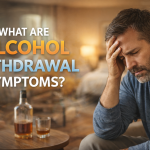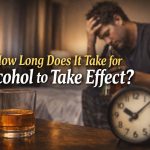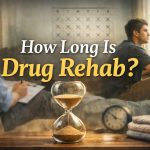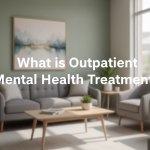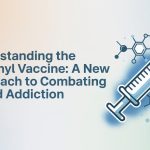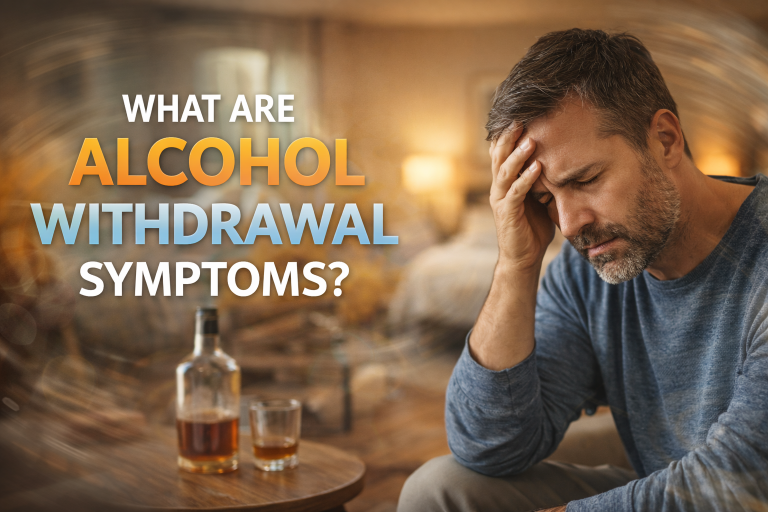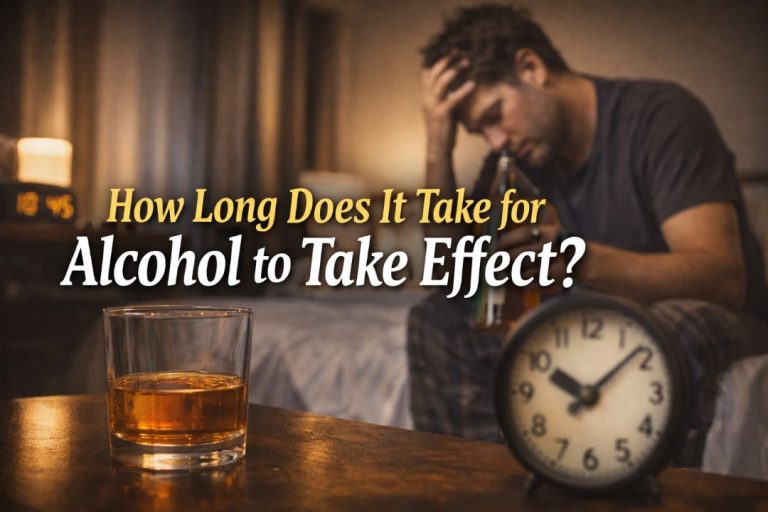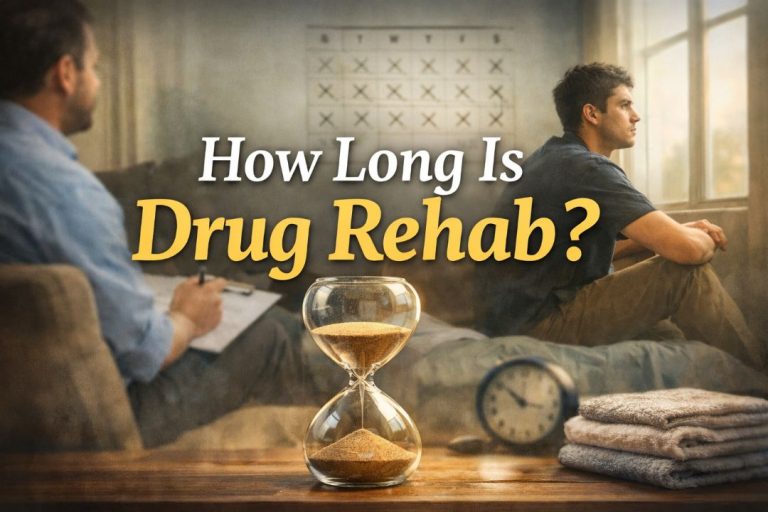Substance abuse and mental health disorders are issues that require specialized treatment approaches. To provide effective care, it is important to understand the different levels of treatment available. This blog will explore the key differences between detoxification (detox), residential treatment, partial hospitalization programs (PHP), and intensive outpatient programs (IOP) for individuals struggling with substance abuse and mental health concerns.
Detoxification (Detox):
Detoxification is the initial phase of treatment aimed at safely managing the withdrawal symptoms associated with substance abuse. It involves removing harmful substances from the body under medical supervision. Detox programs are typically offered in specialized facilities, and their duration can vary based on the individual’s substance of abuse and severity of addiction. The primary objective of detox is to stabilize the person physically before transitioning to further treatment. According to a study published in the Journal of Addiction Medicine, there are three stages of detoxification: evaluation, stabilization, and transition to treatment. During the evaluation stage, medical professionals assess the patient’s physical and mental health. In the stabilization stage, patients are given medication to help manage withdrawal symptoms. Finally, during the transition stage, patients are prepared for ongoing treatment.
Residential (Inpatient):
Residential treatment, also known as inpatient treatment, involves residing at a treatment facility for an extended period, usually ranging from weeks to months. This level of care offers a structured and supportive environment where individuals can focus solely on their recovery. Residential treatment programs provide a wide range of therapeutic interventions, including individual and group therapy, experiential therapies, and holistic approaches. They aim to address both substance abuse and underlying mental health concerns. According to reports published in the Journal of the American Medical Association, roughly 50% of individuals with severe mental disorders are affected by substance abuse. Residential treatment is a standard treatment for individuals with severe and complex substance use problems. The effectiveness of residential treatment services for substance use problems has been studied and it has been found that residential treatment is effective for individuals with severe and complex substance use problems.
100% Confidential Support is Available 24/7
No matter what you’re going through, you’re not alone. Our dedicated team is here to provide a safe, judgment-free space where you can talk openly and honestly. Whether you need emotional support, resources, or just someone to listen.
We’re here for you—completely confidential and always respectful of your privacy. Call us today!
Partial Hospitalization Programs (PHP):
Partial hospitalization programs (PHP) offer a step-down level of care following residential treatment or detox. PHPs provide structured, intensive treatment during the day while allowing individuals to return home or to a supportive living environment in the evenings. This level of care often involves a combination of group therapy, individual counseling, medication management, and other evidence-based interventions. PHPs offer more flexibility compared to residential treatment, allowing individuals to gradually reintegrate into their daily lives.
Contact Palm Coast Treatment Solutions
Battling with Drug and Alcohol Addition? Remember, you are not alone and we are here to help you!
Intensive Outpatient Programs (IOP):
Intensive outpatient programs (IOP) are a step down from PHPs, offering a less intensive level of care. IOPs provide structured treatment during the day. These programs typically involve group therapy sessions, individual counseling, relapse prevention education, and support groups. IOPs are designed to support individuals in maintaining their recovery while gradually transitioning back to independent living. According to a study published in the Journal of Substance Abuse Treatment, IOPs are alternatives to inpatient and residential treatment. They are designed to establish psychosocial support and facilitate relapse management and coping strategies.
Substance abuse and mental health disorders require a continuum of care to address the challenges individuals face. Detox, residential treatment, PHP, and IOP represent different levels of care on this continuum, with each modality offering unique benefits and interventions.






